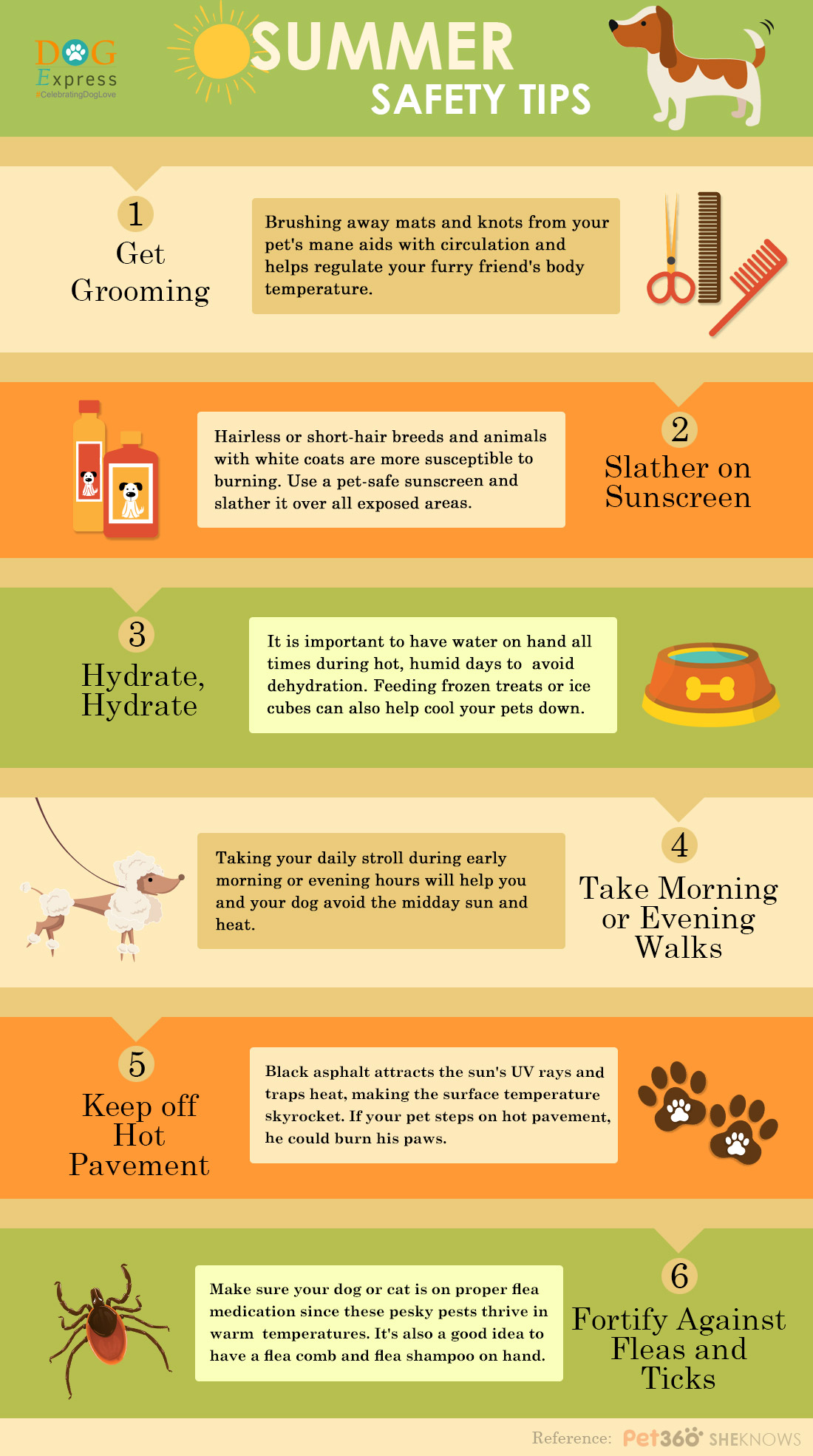Keep Pets Parasite Free For Their Health
Keep Pets Parasite Free For Their Health
Blog Article
Can Dog Daycare Reason Health Problem?
Canines in day care get lots of workout, socialization with various other pet dogs and special experiences. This can be especially useful for puppies and pets with behavioral issues.
There are numerous legal considerations you need to take into consideration when beginning a dog daycare business. These include the structure of your service and conformity with federal government regulations.
1. Canine Distemper
Canine distemper is spread with direct contact with the physical liquids and waste of a contaminated pet, yet it can also be transmitted through shared water and food bowls or with airborne beads. This extremely transmittable ailment is most unsafe for pups, but it can impact dogs of any age and is fatal for many if left neglected.
Preliminary signs of canine distemper commonly resemble an acute rhinitis, consisting of dripping eyes and nose with watery or pus-like discharge. As the disease proceeds, a dog will develop high temperature, coughing, reduced appetite, throwing up and looseness of the bowels. The infection can additionally strike the nerves, causing seizures, shivering and partial or full paralysis.
Reputable childcares lower direct exposure to infection by calling for inoculations, regular health examinations and comply with stringent health procedures. If your pup seems overly tired or hopping, a day off might assist him recuperate, however you ought to avoid taking him back to childcare till these signs and symptoms clear.
2. Kennel Coughing
Kennel coughing, likewise known as infectious canine tracheobronchitis or Bordetella, is a highly transmittable viral or microbial illness that affects the respiratory tract. It's commonly moved with the exchange of saliva or air droplets that a sick pet breathes out. Social canines are at greater threat for infection because of their regular interaction with each other, such as when they play, share food or water, smell one another or simply meet in a jampacked setting like a pet dog park or daycare.
One of the most usual sign of kennel cough is a persistent and strong cough that sounds like something stuck in the throat or retching. Usually, pet dogs will cough up foamy white phlegm. If left without treatment, a pet dog can develop pneumonia and go to significant danger for life.
A trusted daycare center must have stringent cleaning and hygiene procedures, sanitize all playthings, food and water bowls on a regular basis, and be open regarding their vaccination plans. Keeping your dog approximately date on their vaccinations, especially for bordetella and canine flu, will significantly reduce their opportunities of acquiring the disease.
3. Parvovirus
Canine parvovirus, or parvo, is a very infectious viral illness that can be dangerous for puppies and young person dogs with inadequate immune systems. It's most generally spread by straight contact with contaminated pet feces-- which can happen when pets sniff, lick, or preference infected feces-- and indirectly from infected people, things, or atmospheres (like kennels, brushing spaces and grass). Puppies and pets without total inoculation histories are specifically vulnerable to parvo.
The infection is very resilient, making it through in the environment for as much as nine years, and can conveniently be transferred between dogs by get in touch with through feces or on shoes, boarding training dogs near me apparel, and bed linen infected with parvovirus. If not dealt with immediately with IV liquids, electrolyte balance, vomiting control drugs and prescription antibiotics to stop additional microbial infections, a pet dog will swiftly dehydrate and create serious looseness of the bowels, which results in shock and blood poisoning. Parvo is difficult to heal once a canine has actually ended up being ill, yet with suitable vet care, lots of pups do survive this ailment.
4. Canine Flu
Canine flu infection is highly transmittable and spreads through direct call, sharing food and water bowls, licking or nuzzling other pet dogs, via airborne beads, and via contaminated surface areas. Vaccination is effective in lowering the risk of infection and break outs.
The majority of impacted pet dogs create a mild breathing infection with a coughing that lasts 1-3 weeks. They may likewise have nasal and eye discharge, sneezing, and lethargy. Some of one of the most significant instances result in pneumonia and a high fever.
If your canine shows any one of these symptoms, do not bring them back to day care till they are healthy and balanced. If your dog is showing indications of severe fatigue or limping, speak to your veterinarian immediately and make certain they get on good health supplements to assist develop their resistance. A veterinarian will assess your pet for signs and symptoms of the flu by taking a sample from the nose or throat, and blood tests can be done to verify.